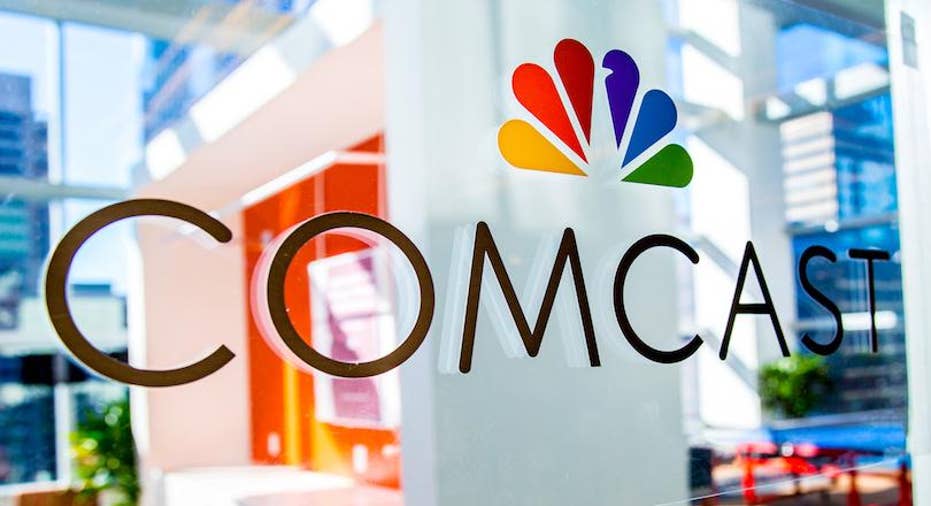Comcast Gives Wireless Service a Try With Xfinity Mobile

Cable company Comcast just introduced its version of re-branded Verizon wireless service—Xfinity Mobile—which will be sold to existing Comcast customers for $12/GB of data or up to $65/line for an "unlimited" plan.
Comcast didn't say when the service launches publicly. It's making the announcement today because the service is rolling out to the company's more than 150,000 employees, with a retail launch "soon," Comcast EVP of investor relations Jason Armstrong said.
Only Comcast Internet subscribers will be able to buy Xfinity Mobile. Low-usage plans start at $12/line/GB, including unlimited talk and text. There's also an "unlimited" data plan, throttled in some unspecified way after 20GB. That will cost $65, or $45 for "premium X1" customers. Only half of Comcast's 29 million customers have the option to take the company's most advanced X1 cable service, Armstrong said.
The carrier will offer the iPhone 7, iPhone 7 Plus, Galaxy S7 and Edge, Galaxy S8 and S8+, and the LG X Power at launch, according to launch event slides. Prices looked comparable to other major carriers; you'll be able to pay up front for your phone, or over a 24-month payment period.
Xfinity Prices, Compared
Comcast's rate of $45/month for 20GB (plus more, after throttling) on the Verizon network, available only to "premium X1 subscribers," looks like a great deal. Its $12/GB and $65/month plans are also good deals, but there are competitive offers out there that may be better.
For instance, 5GB on the Verizon network with Walmart's Total Wireless costs $35/month, less than Comcast is charging. If you're okay with non-Verizon networks, Sprint, Boost, and MetroPCS all undercut Comcast's single-line unlimited deal at $50. For two lines, Sprint charges $80 and T-Mobile charges $100.
Also, it's unclear yet if Xfinity Mobile will suffer from the speed limits that Verizon places on other virtual networks that use its system. Total Wireless, Page Plus, and others are limited to 5Mbps speeds, a fraction of Verizon's potential.
That said, Comcast's rates are lower than what many people would be paying on legacy AT&T and Verizon family plans. They'd allow customers to consolidate under a single bill, and the phones will auto-authenticate to Comcast Xfinity Wi-Fi hotspots to improve speeds and coverage. Comcast phones will also come pre-populated and pre-logged-in with Comcast's Xfinity Mobile apps, which will let people watch TV and on-demand movies at will.
However, the phones won't hand off between Wi-Fi and LTE, meaning calls started on Wi-Fi networks will drop when you go out of range. Comcast customers can switch between plans at will, much like customers on Ting and Google Fi.
Everybody Hates Comcast
Comcast's greatest challenge here is that everyone hates Comcast.
The company has a spectacularly low score on the University of Michigan's American Consumer Satisfaction Index. At 59, it's one of the lowest in the ISPs group, and at 62, it's below average for "subscription television services." It gets a lower score than every cell phone company, every airline except Spirit, every bank and every utility company.
In J.D. Power's rating of major wireline services, the firm received the worst scores in cost to consumer, performance, billing, and reliability. It's regularly garnered awards for "America's Most Hated Company."
Many of these complaints center around Comcast's customer service, and Xfinity Mobile seems to be trying to improve that with options like 24/7 technical and billing support via SMS text.
"We have a proven track record, and our strength, our advantage ... is our experience," Greg Butz, president of Comcast Mobile said.
This article originally appeared on PCMag.com.



















